Lake Whatcom Residential Treatment Center (WA)
Lake Whatcom Residential Treatment Center, in Bellingham, is dedicated to providing a broad range of services, from detoxification to mental health treatment, and care for co-occurring disorders. They are committed to helping adults, and seniors navigate their recovery journey by providing a detoxification program, mental health therapy, and comprehensive care for those with co-occurring disorders. They offer a variety of payment methods including county or local government funds, community mental health block grants, community service block grants, Federal funding options, medicare, medicaid, federal military insurance (e.g., tricare), other state funds, state corrections or juvenile justice funds, cash or self-payment, state-financed health insurance plan other than medicaid, and state mental health agency (or equivalent) funds for their services. The staff at Lake Whatcom Residential Treatment Center is dedicated to providing expert care in a supportive environment.

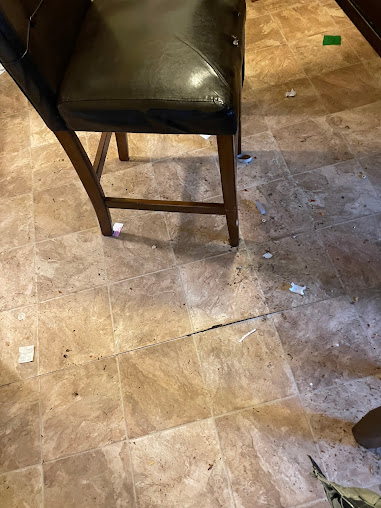
What To Expect From This Facility

Lake Whatcom Residential Treatment Center serves as a beacon in the realm of private non-profit organization, delivering an array of outpatient solutions. Their suite of treatment methodologies embraces everything from activity therapy, cognitive behavioral therapy, dialectical behavior therapy, group therapy, integrated mental and substance use disorder treatment, individual psychotherapy, telemedicine/telehealth therapy, and abnormal involuntary movement scale complemented by emergency mental health offerings such as crisis intervention team, psychiatric emergency onsite services, and psychiatric emergency mobile/off-site services As a certified community behavioral health clinic They have established expertise in the provision of specialized programs like young adults, seniors or older adults, lesbian, gay, bisexual, transgender, or queer/questioning (lgbtq), veterans, active duty military, members of military families, criminal justice (other than dui/dwi)/forensic clients, clients with co-occurring mental and substance use disorders, clients with hiv or aids, clients who have experienced intimate partner violence, domestic violence, clients who have experienced trauma, persons with traumatic brain injury (tbi), persons with alzheimer’s or dementia, persons with eating disorders, persons experiencing first-episode psychosis, persons with post-traumatic stress disorder (ptsd), and persons 18 and older with serious mental illness (smi) To further enhance their comprehensive approach, they also extend a variety of ancillary services, including assertive community treatment, assisted outpatient treatment, chronic disease/illness management, court-ordered outpatient treatment, diet and exercise counseling, family psychoeducation, intensive case management, illness management and recovery, legal advocacy, psychosocial rehabilitation services, supported employment, vocational rehabilitation services, case management service, integrated primary care services, suicide prevention services, and education services.
A drug treatment facility provides an array of crucial services, including inpatient and outpatient treatment, substance use treatment, detoxification, and mental health support. The inpatient and outpatient programs offer structured therapy sessions and recovery guidance, catering to varying patient needs. Substance use treatment addresses specific drug dependencies, facilitating a safer path towards sobriety. Detoxification services aid in the physical cleansing of harmful substances, while mental health support ensures holistic recovery, helping individuals cope with psychological challenges accompanying addiction.
Type of Care: Substance use treatment; Mental health treatment; Treatment for co-occurring substance use plus either serious mental health illness in adults / serious emotional disturbance in children
Facility Operation (e.g., Private, Public): Private non-profit organization
Payment/Insurance/Funding Accepted: County or local government funds; Community Mental Health Block Grants; Community Service Block Grants; Federal Grants; Medicare; Medicaid; Federal military insurance (e.g., TRICARE); Other State funds; State corrections or juvenile justice funds; Cash or self-payment; State-financed health insurance plan other than Medicaid; State mental health agency (or equivalent) funds
Special Programs/Groups Offered: Young adults; Seniors or older adults; Lesbian, gay, bisexual, transgender, or queer/questioning (LGBTQ); Veterans; Active duty military; Members of military families; Criminal justice (other than DUI/DWI)/Forensic clients; Clients with co-occurring mental and substance use disorders; Clients with HIV or AIDS; Clients who have experienced intimate partner violence, domestic violence; Clients who have experienced trauma; Persons with traumatic brain injury (TBI); Persons with Alzheimer’s or dementia; Persons with eating disorders; Persons experiencing first-episode psychosis; Persons with post-traumatic stress disorder (PTSD); Persons 18 and older with serious mental illness (SMI)
Assessment/Pre-treatment: Screening for tobacco use
Testing: STD testing; TB screening; Metabolic syndrome monitoring; Laboratory testing
Recovery Support Services: Housing services; Mentoring/peer support
Service Setting (Outpatient, Inpatient, etc.): Outpatient
Education and Counseling Services: Smoking/vaping/tobacco cessation counseling
Age Groups Accepted: Adults; Seniors
Language Services: Sign language services for the deaf and hard of hearing
Facility Type: Certified Community Behavioral Health Clinic
Facility Vaping Policy: Vaping permitted in designated area
Ancillary Services: Assertive community treatment; Assisted Outpatient Treatment; Chronic disease/illness management; Court-ordered outpatient treatment; Diet and exercise counseling; Family psychoeducation; Intensive case management; Illness management and recovery; Legal advocacy; Psychosocial rehabilitation services; Supported employment; Vocational rehabilitation services; Case management service; Integrated primary care services; Suicide prevention services; Education services
Pharmacotherapies: Chlorpromazine; Droperidol; Fluphenazine; Haloperidol; Loxapine; Perphenazine; Pimozide; Prochlorperazine; Thiothixene; Thioridazine; Trifluoperazine; Aripiprazole; Asenapine; Brexpiprazole; Cariprazine; Clozapine; IIoperidone; Lurasidone; Olanzapine; Olanzapine/Fluoxetine combination; Paliperidone; Quetiapine; Risperidone; Ziprasidone; Nicotine replacement; Non-nicotine smoking/tobacco cessation; Antipsychotics used in treatment of SMI
Treatment Approaches: Activity therapy; Cognitive behavioral therapy; Dialectical behavior therapy; Group therapy; Integrated Mental and Substance Use Disorder treatment; Individual psychotherapy; Telemedicine/telehealth therapy; Abnormal involuntary movement scale
Emergency Mental Health Services: Crisis intervention team; Psychiatric emergency onsite services; Psychiatric emergency mobile/off-site services
Call us to see if this facility is right for you
Details About Services Offered By Facility

Lake Whatcom Residential Treatment Center Treatment Center Reviews From The Web

Facilities that specialize in addiction treatment
Addiction Centers near me provides addiction and mental health care at various locations nationwide – from the east coast to the west coast.
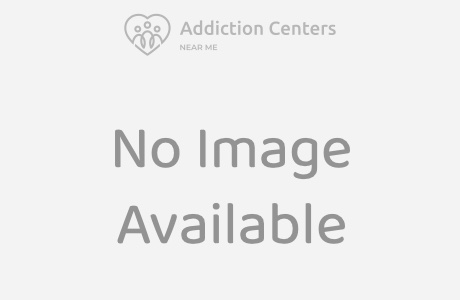
4815 N Assembly St Spokane WA 99205
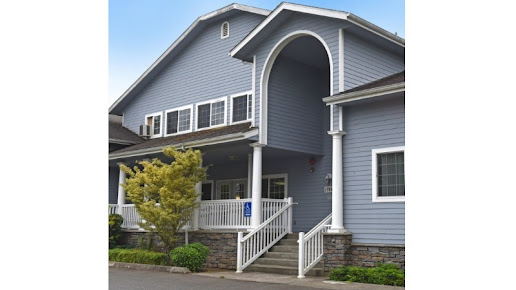
17880 147th St SE Monroe WA 98272

21851 84th Ave S Suite 101 Kent WA 98032

933 E 1st St Port Angeles WA 98362

101 E Magnesium Rd Spokane WA 99208
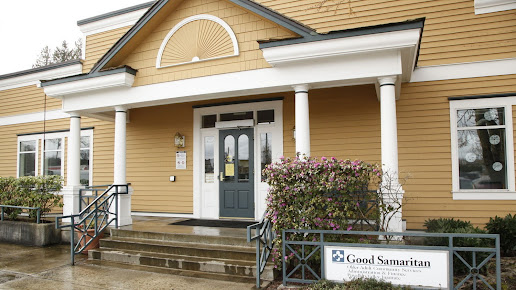
325 E Pioneer Puyallup WA 98372

Patricia Steel Building 401 Broadway 1st floor Seattle WA 98104

800 E Chestnut St suite 3 a Bellingham WA 98225
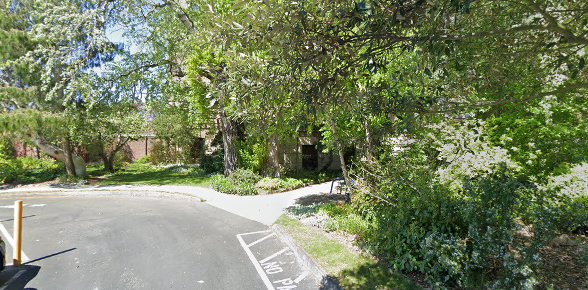
4649 Sunnyside Ave N Suite 200 Seattle WA 98103
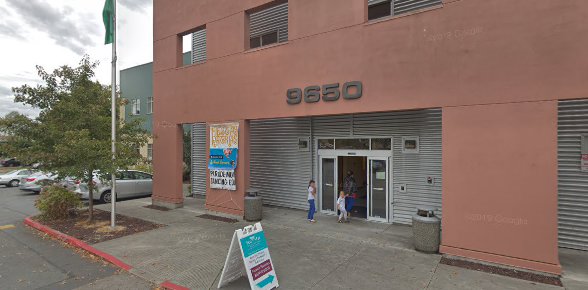
9650 15th Ave SW Seattle WA 98106

12029 113th Ave NE Kirkland WA 98034

3727 S Tacoma Way Tacoma WA 98409
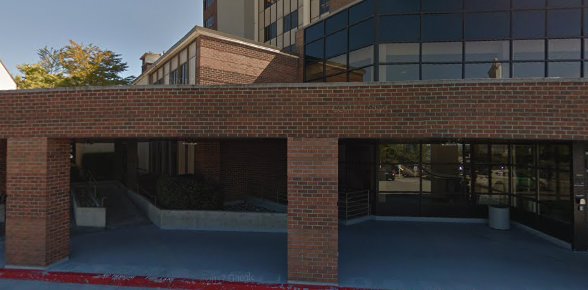
916 Pacific Ave Everett WA 98201

114 N Park St Aberdeen WA 98520

2105 Continental Pl suite a Mount Vernon WA 98273
Read About The Latest News From Lake Whatcom Residential Treatment Center

Sorry, no posts matched your criteria.
Begin Healing Now !
Have a call with a professional treatment advisor and begin recovery in less than 24 hours
